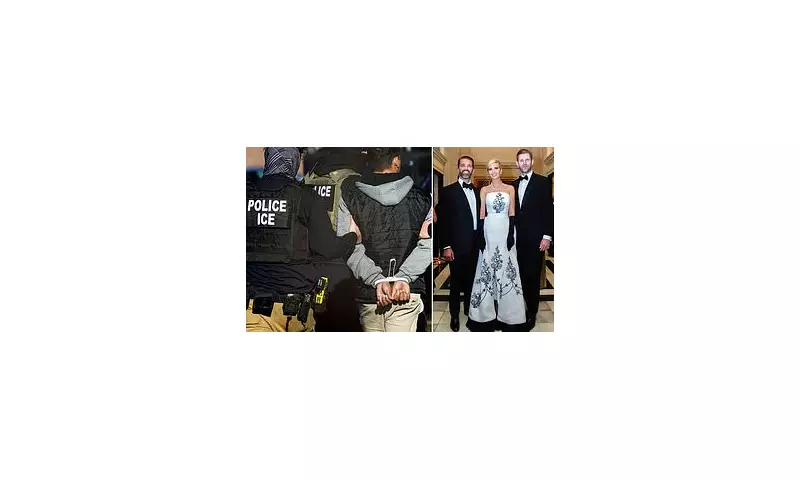
In a stunning revelation that's set to send shockwaves through Westminster, a comprehensive new poll has uncovered the political figure that Britons genuinely despise above all others - and the results are more surprising than anyone could have predicted.
The Unwanted Crown: Britain's Least Popular Figure
The extensive survey, conducted across thousands of UK voters, placed a controversial political heavyweight at the very bottom of public affection. While many would assume prominent Brexit architects or recent prime ministers would claim this dubious honour, the actual results tell a different story altogether.
Trump's Shadow Looms Large
What makes these findings particularly intriguing is the direct comparison drawn with former US President Donald Trump. The research methodology deliberately mirrored American polling techniques to create a transatlantic benchmark of political unpopularity.
The findings reveal:
- Similar levels of intense dislike for both figures
- Comparable demographic patterns in disapproval ratings
- Parallels in how political allegiance colours perception
- Matching intensity of feeling across age groups
Beyond Party Lines: What Drives Such Strong Sentiment?
Political analysts are scrambling to understand what generates this level of animosity toward a single figure. The poll suggests it's not merely about policy disagreements or partisan politics, but something deeper and more personal.
"When a political figure transcends normal disapproval and enters genuine loathing territory, it usually indicates they've touched a nerve in the national psyche," explains one leading political psychologist.
The Ripple Effect on British Politics
This level of intense dislike doesn't exist in a vacuum. The poll suggests it could have significant consequences for:
- Electoral outcomes in key constituencies
- Public trust in political institutions
- The ability to pass controversial legislation
- International diplomatic relations
The survey results come at a critical juncture in British politics, potentially influencing everything from local council elections to the next general election strategy.
A Warning to Aspiring Leaders?
Perhaps the most sobering aspect of these findings is what they suggest about modern political leadership. The characteristics that generate such strong negative reactions may be becoming more common in political discourse, raising questions about the future of civil political debate in the UK.
As one veteran MP privately confessed: "When you see these numbers, it makes you wonder if we're creating a political environment where being disliked is almost a prerequisite for prominence."
The full implications of this groundbreaking poll will undoubtedly be debated in political circles for months to come, potentially reshaping how parties select their leaders and how those leaders communicate with the British public.





